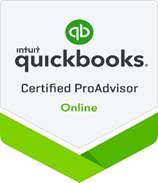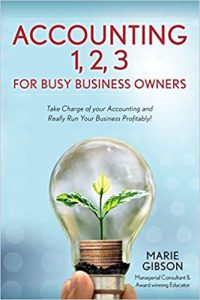As the year draws to a close, it’s time for small business owners, farmers, ranchers, and non-profit leaders to get their books in order. Wrapping up your year-end bookkeeping doesn’t have to be daunting, especially with tips from Marie Gibson and Associates, your go-to online accounting advisory firm.
1. Organize Your Financial Records
Start by gathering all your financial documents. This includes invoices, receipts, bank statements, and any other financial transactions from the year. Being organized is key to effective bookkeeping, and it sets the stage for all the next steps.
2. Reconcile Your Accounts
Reconciling involves matching the transactions in your accounting software with your bank statements. It’s crucial to ensure accuracy in your financial records. If you’re new to QuickBooks or any accounting software, Marie Gibson’s team offers specialized set-up services and training, making this step easier for you.
3. Review Outstanding Invoices
Check for any invoices that haven’t been paid yet. It’s important to follow up on these to ensure your financial records are complete. Remember, the income you report should include all the money you’ve earned, not just the cash you’ve received.
4. Assess Your Inventory
If your business holds inventory, do a year-end count. This will help you determine the value of your inventory, which is critical for accurate financial reporting.
5. Prepare for Tax Time
Gather all the necessary documents for tax filings. This includes expense reports, payroll records, and any other tax-related documents. Gibson & Associates’ team can help you understand what you need, ensuring you’re ready for tax season.
6. Analyze Your Financial Health
Now’s a great time to review your financial year. Look at your income, expenses, and see where your business stands. Marie Gibson and Associates offer CFO services and can assist you in understanding your numbers and using them for better decision-making.
7. Plan for the Next Year
Finally, use the insights from your financial review to plan for the upcoming year. Set financial goals and budgets based on your business’s performance.
Year-end bookkeeping might seem complex, but with the right steps and expert help from Marie Gibson and Associates, it can be a smooth process. Remember, keeping your financial records in order not only helps you during tax season but also empowers you to make sound decisions for your business’s future.









